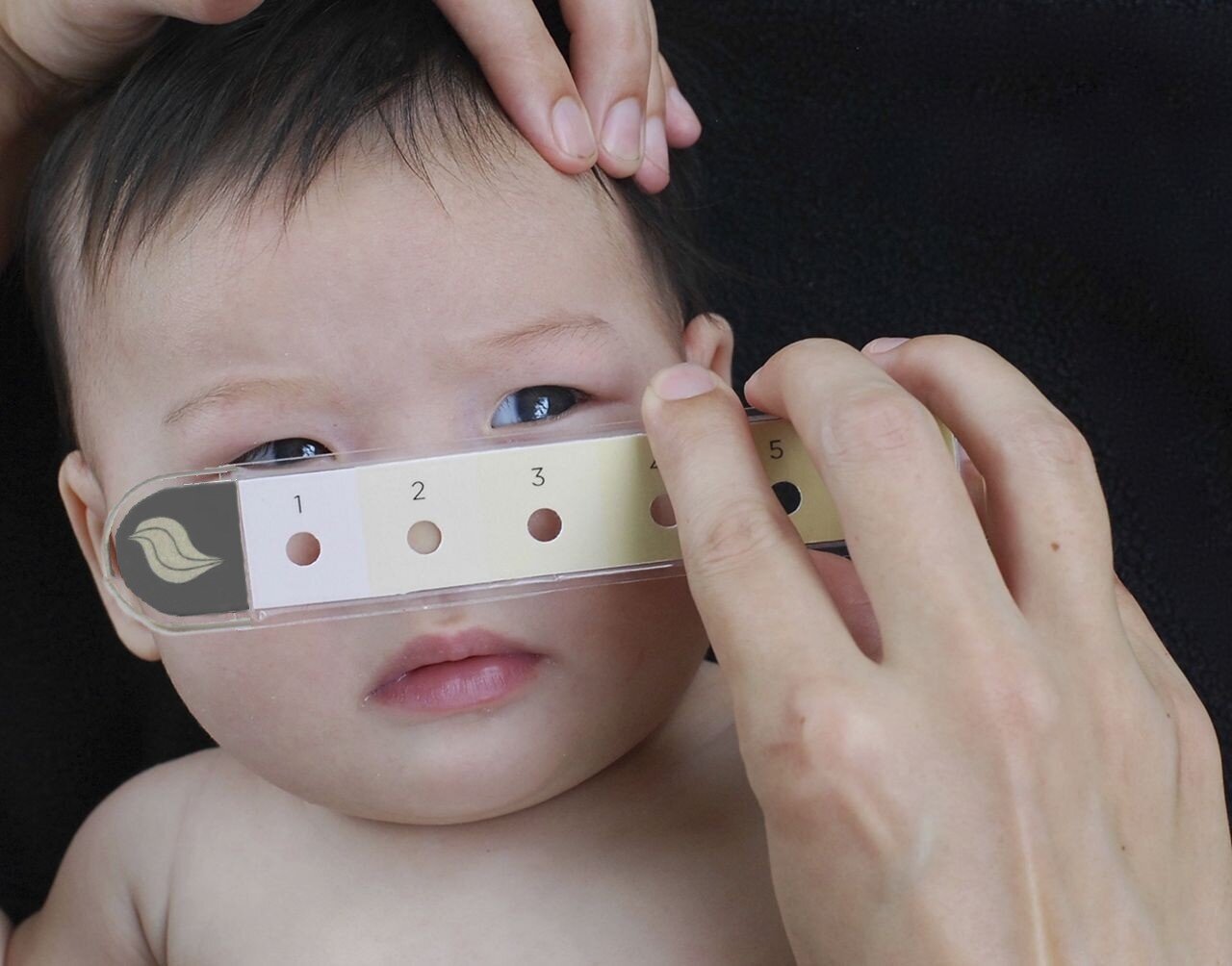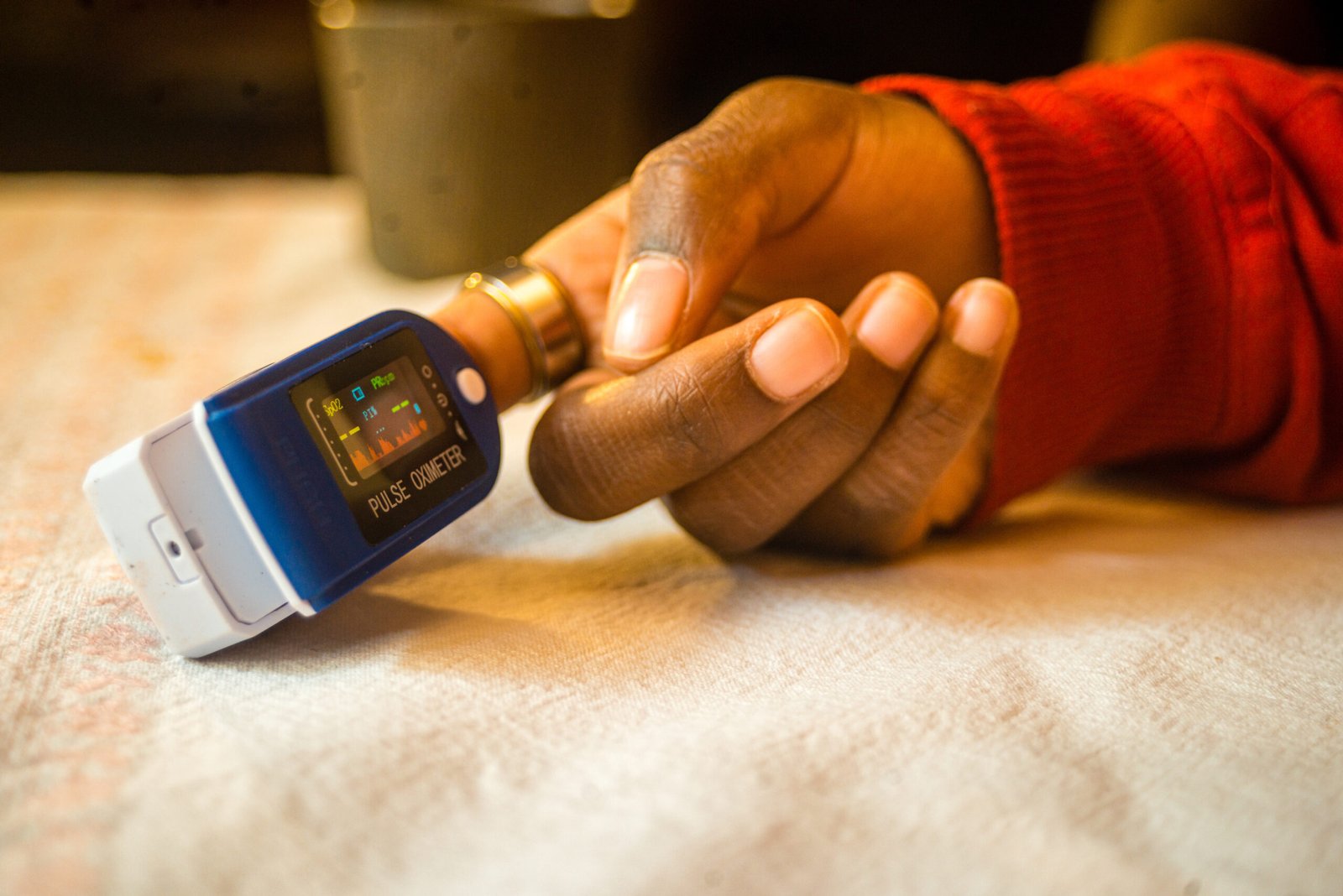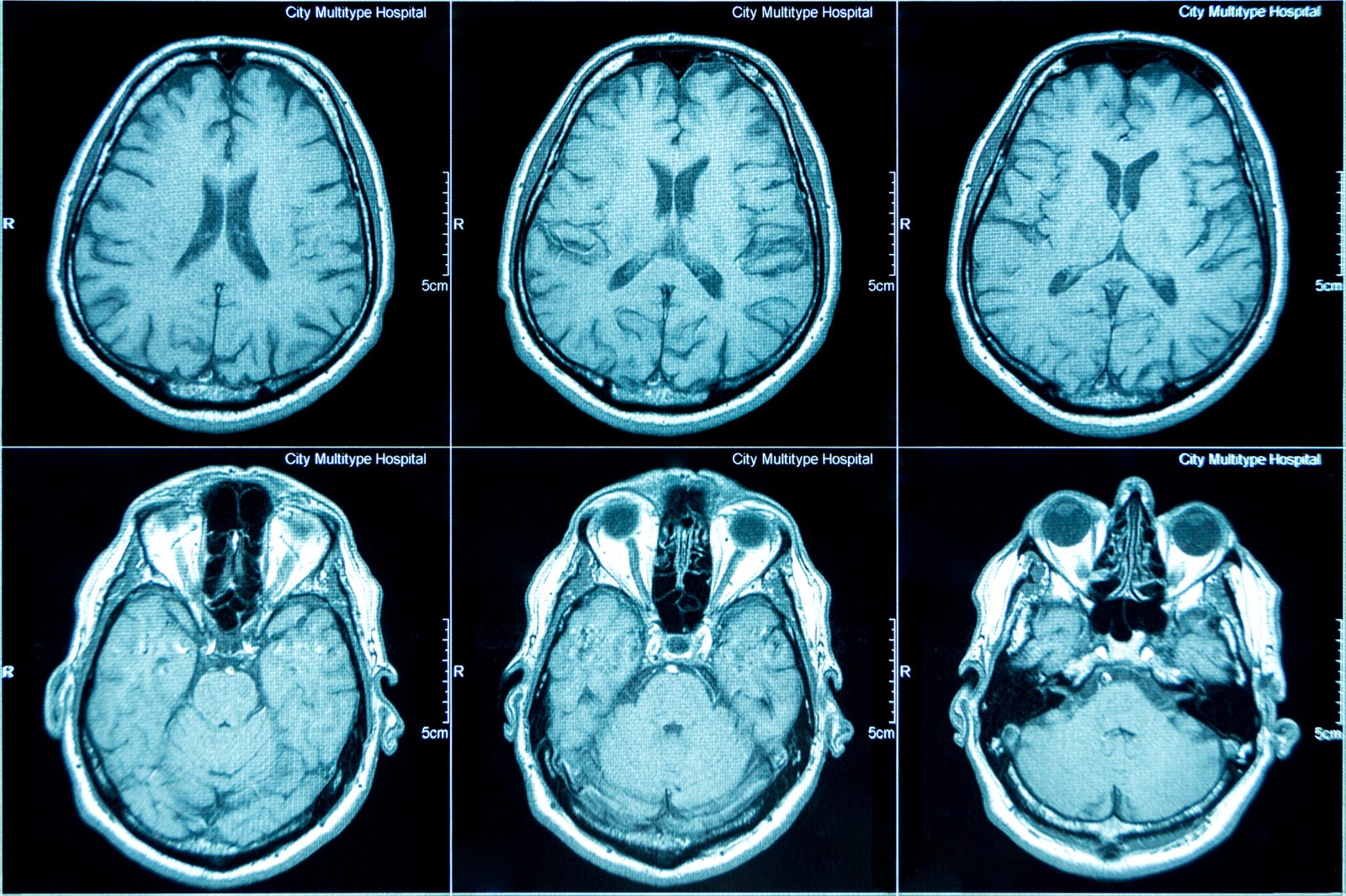Our Work
Maternal and Newborn Health Study
The PRISMA Maternal and Newborn Health study is a prospective, open cohort study with a planned recruitment of about 20,000 pregnant women over three years across six research sites in two South Asian and three sub-Saharan African countries. Participants are pregnant women identified through active house-to-house and facility-based surveillance at less than 20 weeks gestation, as determined by ultrasound. High-quality… show more
Redefining Anemia in Pregnancy and Postpartum Study
Redefining Maternal Anemia in Pregnancy and Postpartum (ReMAPP) is a multisite, prospective, open cohort study nested within the ongoing PRISMA Maternal and Newborn Health study. Participants are pregnant women who provide serial hemoglobin samples using gold standard methods at 20 weeks, 20 weeks, 28 weeks, and 36 weeks gestation and at six weeks and six months postpartum. We will use… show more
Bili-ruler Evaluation
The Bili-ruler is a low-cost, easy-to-use plastic icterometer with six shades of yellow on an ordinal scale that could enable more accurate universal jaundice screening in diverse settings. This Bili-ruler evaluation is nested within the PRISMA Maternal and Newborn Health Study. Bilirubin will be assessed in newborns at 24 hours, 3 days, and 7 days postnatal. Bilirubin will be measured… show more
Continuous Non-invasive Hemoglobin Monitoring Device Validation Study
The Masimo Total Hemoglobin SpHb® is a continuous and non-invasive handheld device to measure hemoglobin levels. Previous research has found that SpHb is able to accurately detect hemoglobin levels in adult patients with a similar degree of bias and standard deviation to point-of-care invasive method measurements. Generally, limited clinical evidence, lack of validation of Masimo at higher than and lower… show more
Measuring Infant NeuroDevelopment Study
The ReMAPP Measuring Infant NeuroDevelopment (ReMIND) Study aims to advance clinical knowledge of the effects of maternal anemia on infant neurological development and brain morphology. Nested within the ReMAPP study, up to 300 mother-infant dyads will be selected to undergo neurodevelopmental assessments. Infant brain morphology will be assessed using the low-field, portable Hyperfine MRI done at 3 months and 1… show more
Bridging Global Gender Gaps in Disease Burden Estimation Study
The Bridging Global Gender Gaps (G3) in Disease Burden Estimation Study uses a mixed-methods, multi-phased approach to design a tool to capture how the symptoms of pregnancy and postpartum impact women's health, functioning, and wellbeing. Without this, we cannot adequately measure the impact that maternal morbidities have on pregnant and postpartum women’s health-related quality of life. Globally, there is limited… show more






